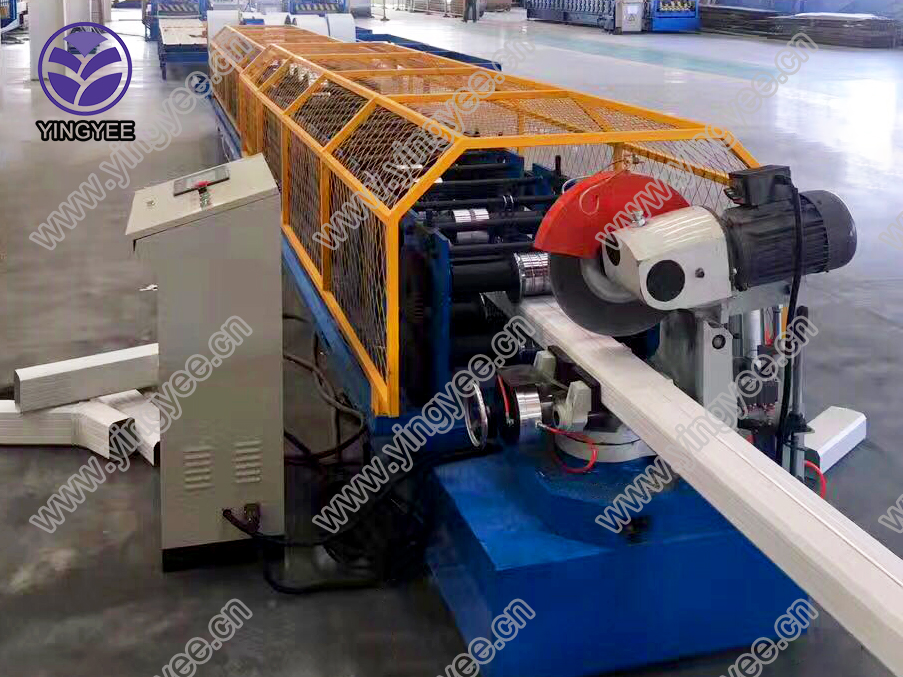
Advances in Metal Forming Machines Revolutionizing Manufacturing Processes
In the realm of manufacturing, the importance of metal forming machines cannot be overstated. These machines form the backbone of modern industry, enabling the transformation of raw metals into useful shapes and components used in various applications, ranging from automotive to aerospace. With the continuous advancement in technology, metal forming machines have evolved significantly over the years, enhancing efficiency, precision, and versatility in the manufacturing process.
Metal forming refers to the process of shaping metal workpieces through the application of force. The primary types of metal forming processes include forging, rolling, extrusion, bending, and stamping. Each of these processes can be effectively achieved using specialized machinery designed to meet the specific requirements of the task at hand. The evolution of metal forming machines has been driven by the need for higher productivity, improved quality, and reductions in manufacturing costs.
One of the key advancements in metal forming machines is the integration of computer numerical control (CNC) technology. CNC machines allow for precise control over the machining process, resulting in enhanced accuracy and repeatability. Operators can program complex sequences of operations that can be executed with minimal human intervention. This not only reduces the likelihood of human error but also enables the production of intricate designs that were previously difficult to achieve.
Furthermore, the advent of robotics in metal forming has introduced another layer of efficiency. Robotic arms can handle heavy materials, perform repetitive tasks, and even operate additional machinery. This automation reduces labor costs and increases operational flexibility, allowing manufacturers to respond promptly to changes in production demands. Robots equipped with advanced sensors and AI algorithms can adapt to real-time conditions, ensuring that the forming process remains optimal under different scenarios.

In addition to technological advancements, there is a growing emphasis on sustainable practices within the metal forming industry. Modern metal forming machines are designed to minimize waste and energy consumption. For example, hydraulic presses have been optimized to use less fluid while providing the necessary force, and energy-efficient motors are now standard in many machines. These improvements not only lower production costs but also contribute to a reduced carbon footprint, aligning with global efforts towards sustainability.
Moreover, the materials used in metal forming processes have also evolved. The introduction of high-strength alloys and composite materials has expanded the range of applications for metal forming machines. These new materials require specialized forming techniques and machines to ensure they can be manipulated effectively without compromising their properties. Manufacturers are continually investing in research and development to adapt to these changes, ensuring that their machinery can handle the materials of the future.
The global market for metal forming machines is also expanding, driven by the increasing demand for precision-engineered components in various industries. As countries focus more on infrastructure development and industrialization, the need for advanced manufacturing solutions is skyrocketing. This trend has led to increased competitiveness in the market, prompting manufacturers to innovate constantly and develop state-of-the-art machinery.
In conclusion, metal forming machines are a vital component of modern manufacturing, with significant advancements in technology, automation, and sustainability shaping their evolution. As industries continue to demand greater efficiency and precision, manufacturers of metal forming machines must adapt and innovate to meet these challenges. The future of metal forming looks promising, with ongoing developments set to revolutionize the way we create and manipulate metal materials, paving the way for more efficient and sustainable manufacturing processes.